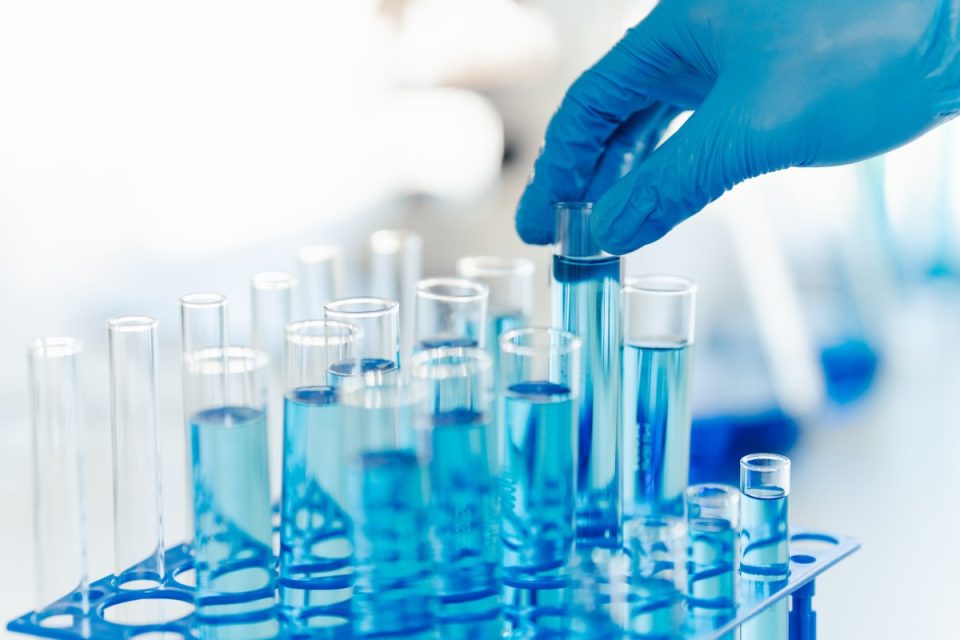Can AI speed up aspects of the scientific process? Microsoft appears to think so.
At the company’s Build 2025 conference on Monday, Microsoft announced Microsoft Discovery, a platform that taps agentic AI to “transform the [scientific] discovery process,” according to a press release provided to TechCrunch. Microsoft Discovery is “extensible,” Microsoft says, and can handle certain science-related workloads “end-to-end.”
“Microsoft Discovery is an enterprise agentic platform that helps accelerate research and discovery by transforming the entire discovery process with agentic AI — from scientific knowledge reasoning to hypothesis formulation, candidate generation, and simulation and analysis,” explains Microsoft in its release. “The platform enables scientists and researchers to collaborate with a team of specialized AI agents to help drive scientific outcomes with speed, scale, and accuracy using the latest innovations in AI and supercomputing.”
Microsoft is one among many AI labs bullish on AI for science. Earlier this year, Google unveiled an “AI co-scientist,” which the tech giant said could help scientists with creating hypotheses and research plans. Anthropic and its chief rival, OpenAI, along with outfits like FutureHouse and Lila Sciences, have asserted that AI tools could massively accelerate scientific discovery, particularly in medicine.
But many researchers don’t consider AI today to be especially useful in guiding the scientific process, largely due to its unreliability.
Part of the challenge in developing an “AI scientist” is anticipating an untold number of confounding factors. AI might come in handy in areas where broad exploration is needed, like narrowing down a vast list of possibilities, but it’s less clear whether it can do the kind of out-of-the-box problem-solving that leads to bona fide breakthroughs.
Results from AI systems designed for science have so far been mostly underwhelming.
In 2023, Google said around 40 new materials had been synthesized with the help of one of its AIs, called GNoME. But an outside analysis found not even one of those materials was, in fact, new. Meanwhile, several firms employing AI for drug discovery, including Exscientia and BenevolentAI, have suffered high-profile clinical trial failures.
Microsoft no doubt hopes that its effort will fare better than those that’ve come before it.
Kyle Wiggers is TechCrunch’s AI Editor. His writing has appeared in VentureBeat and Digital Trends, as well as a range of gadget blogs including Android Police, Android Authority, Droid-Life, and XDA-Developers. He lives in Manhattan with his partner, a music therapist.
